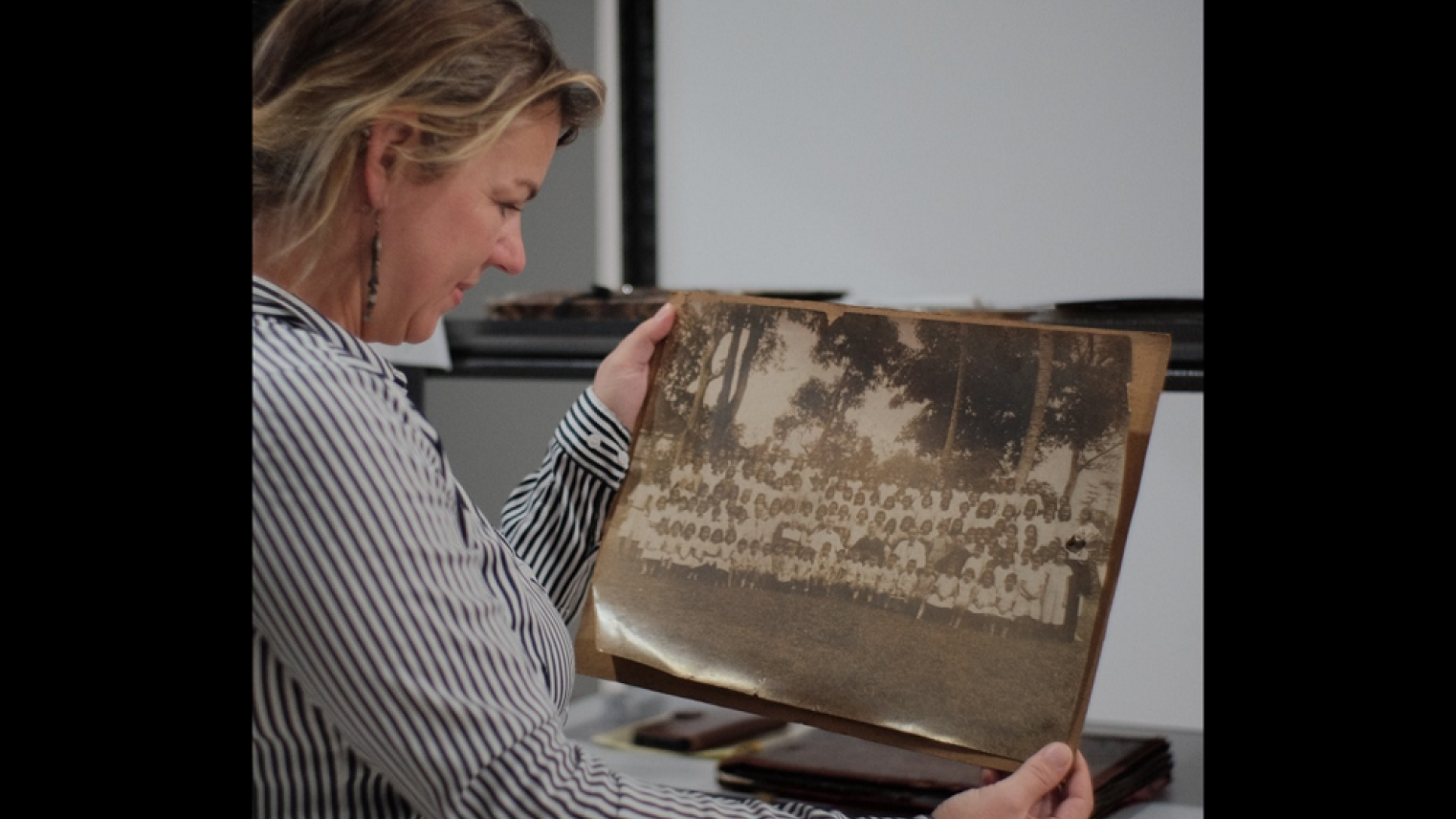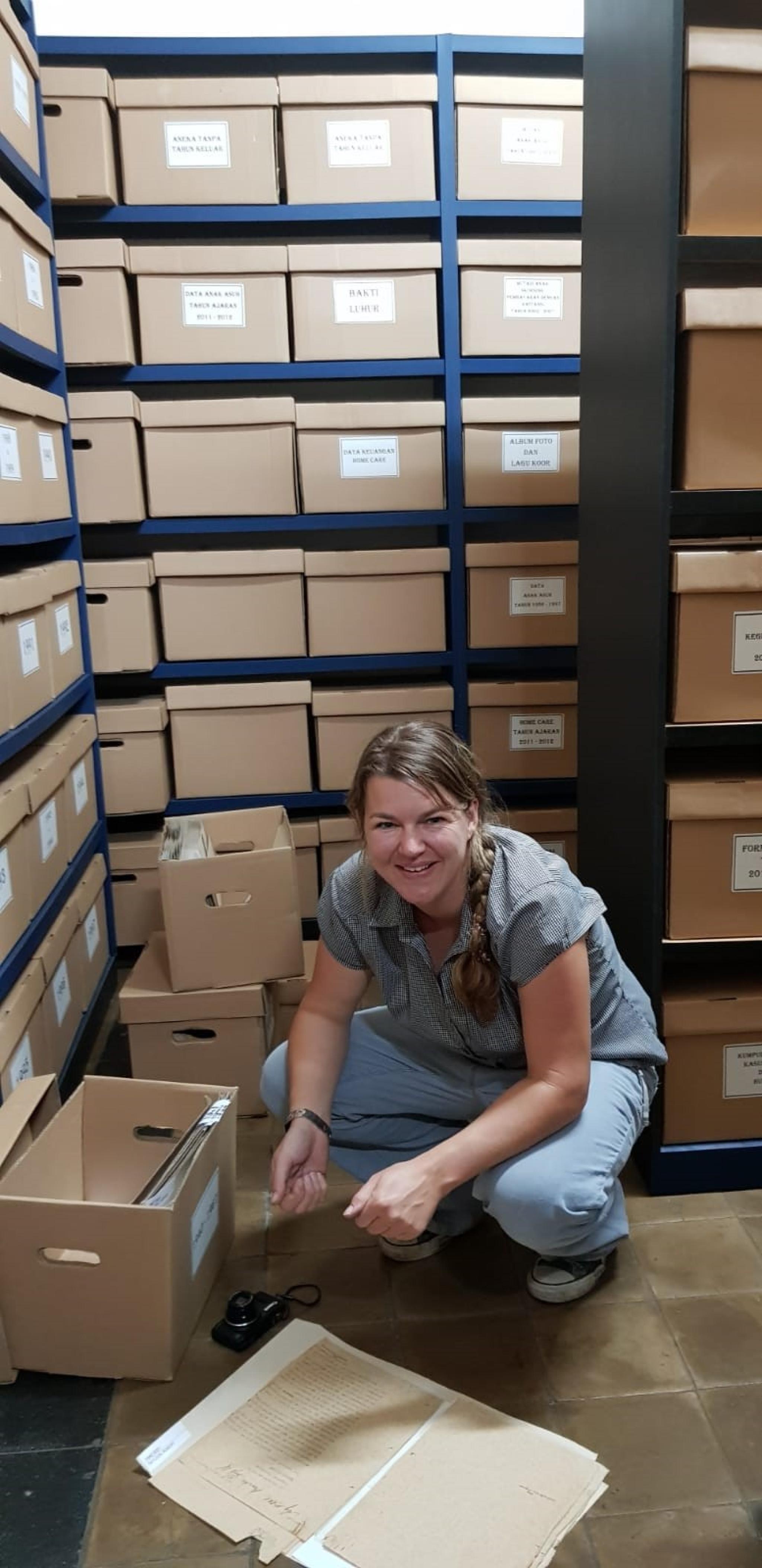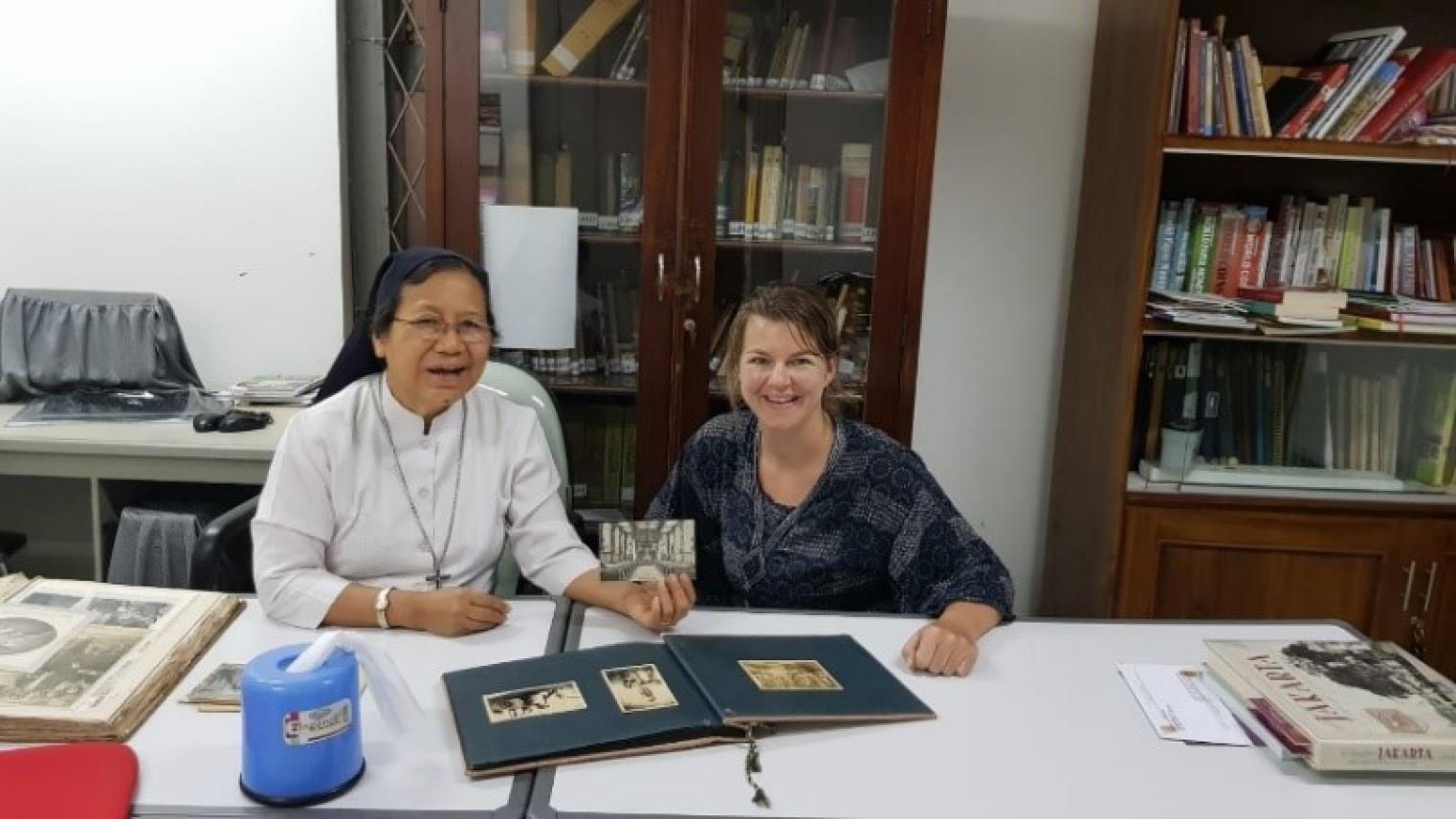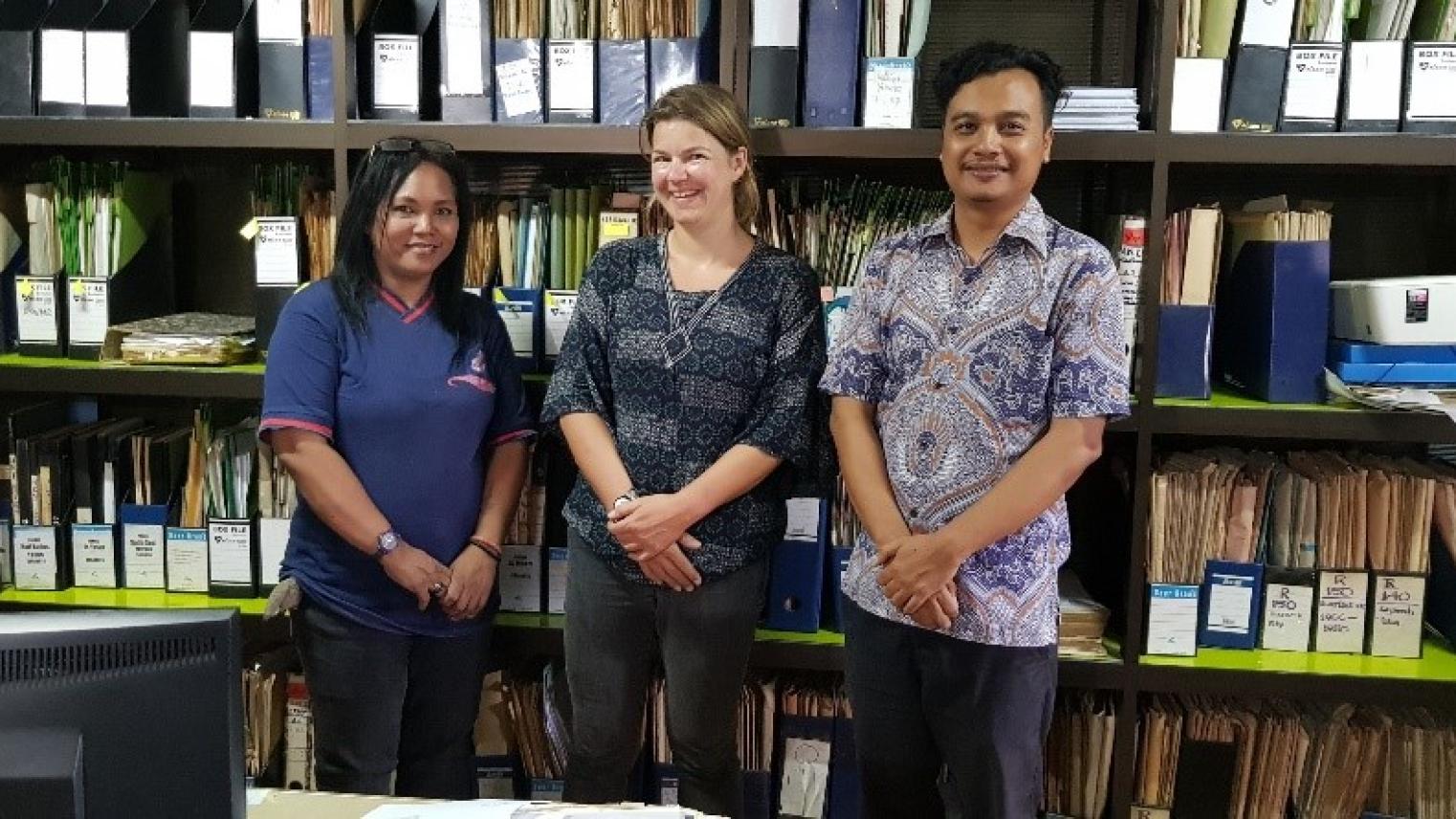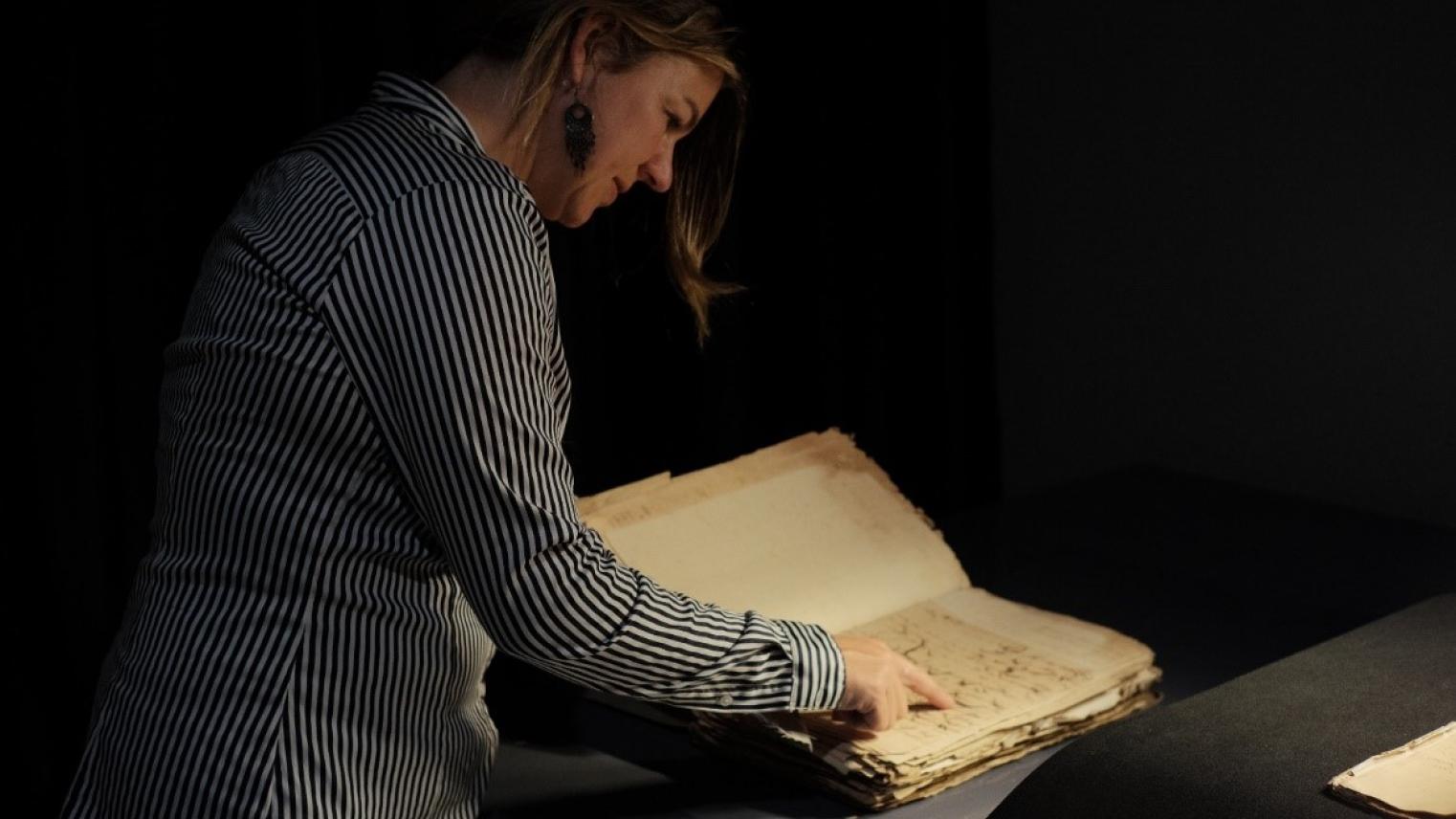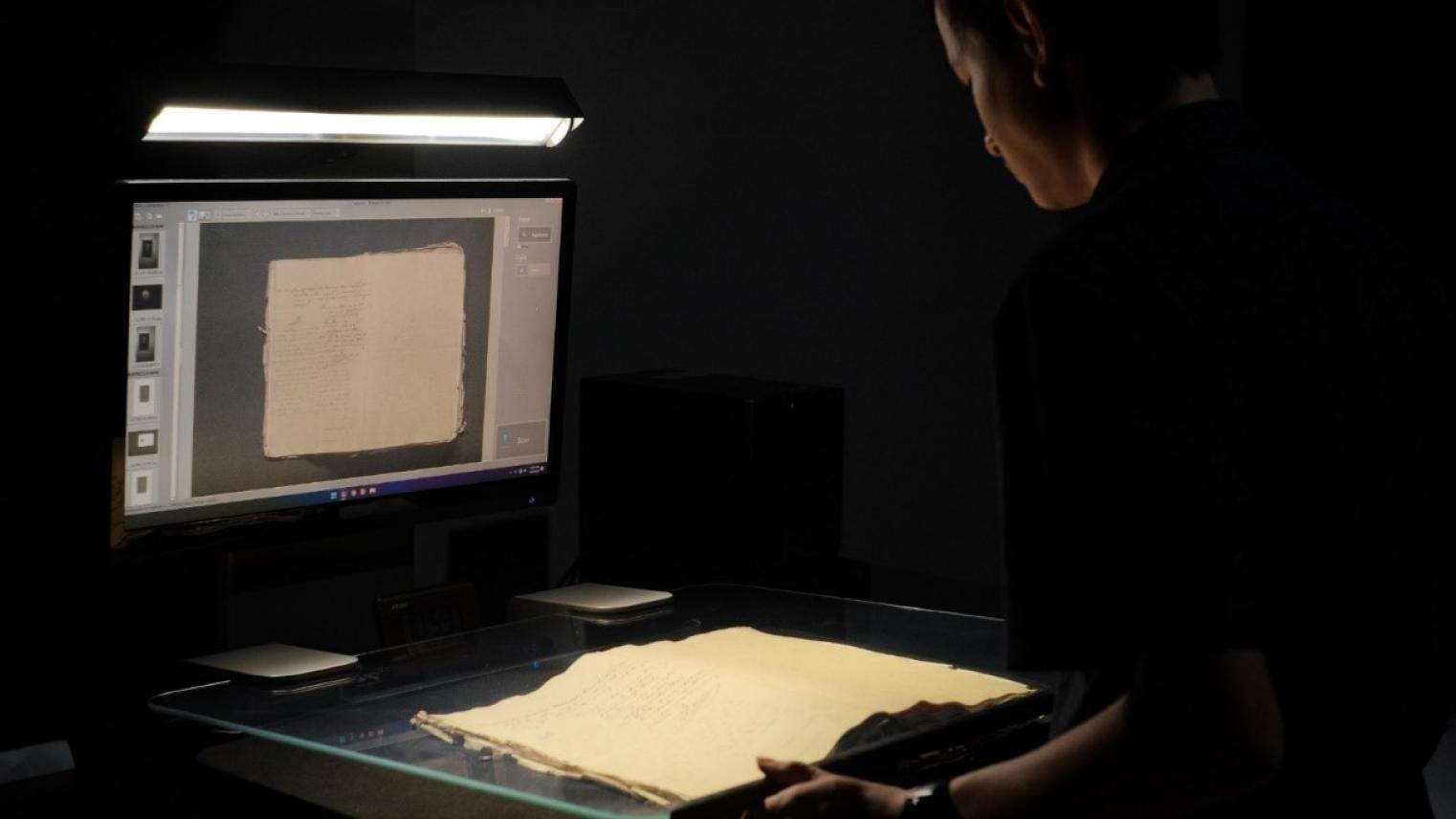The Netherlands and Indonesia share a long history. Apart from trade, political and academic relations, a religious, social and cultural exchange was shaped through Christian missions in both nations. The activities of these Catholic missions fashioned a shared past of Indonesia with the Netherlands.
According to Maaike, “Kramat and Vincentius Bidara Tjina are two impressive colonial heritage buildings designed by famed architects—Hulswit, Fermont and Cuyper. While occupying a central place in the urban geography of metropolitan Jakarta, Indonesia, these cultural heritage sites form the locus of a complicated legacy; entangled with the destinies of diverse children, the Christian missionaries who cared for them, and tectonic shifts in colonial and postcolonial governance witnessed across the nineteenth and twentieth centuries.”
Maaike’s research interests focus on (post)colonial history, Christian missions and colonial anthropology. More specifically, she is researching the phenomenon of child separation, wherein institutions have imposed physical distance between children and their kin, society and traditional life.
Faith-based organisations have played a pivotal role in child separation practices and they, like their institutes, survived war and regime changes, and came to buttress new, national visions of Indonesia. Child separation practices in (post)colonial Indonesia, whether they targeted Marind, West Papua or mixed-descent (Eurasian) children in Java, were violent in nature but legitimised as benevolent civilising projects.
Working primarily with historical sources, gathered in widely dispersed private, local and state archives in Indonesia and the Netherlands, Maaike is piecing together the building blocks that have shaped the scope, policies and practices of child separation and Catholic faith-based organisations in Java and South Dutch New Guinea (West Papua).
